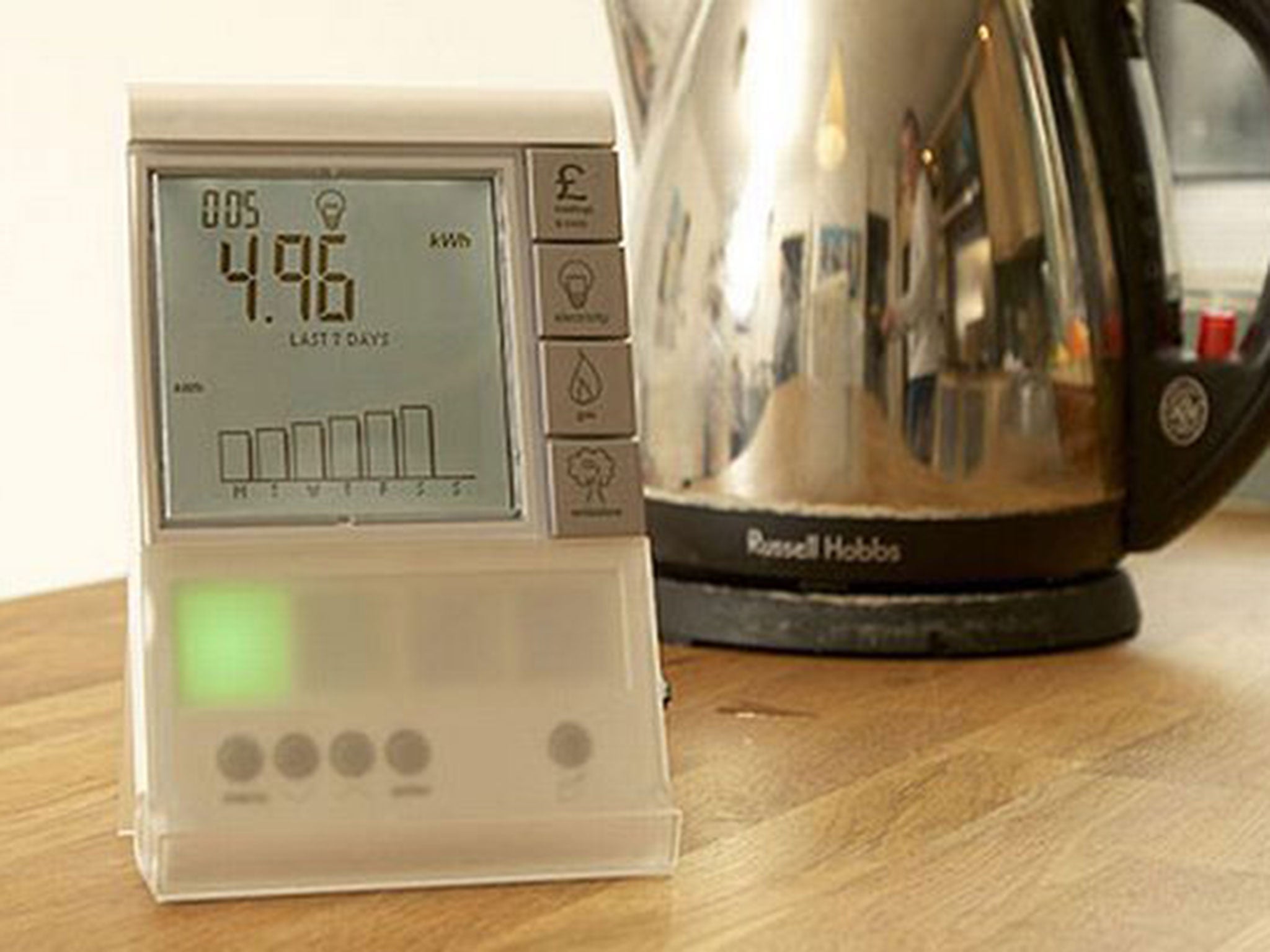Government's £11bn smart meter programme is too expensive for consumers, warns Which?

The Government’s planned roll-out of smart meters will cost us too much, Which? warns today. The consumer group has written to Energy Secretary Ed Davey ahead of his speech at the Liberal Democrat conference demanding that he cut the £11bn bill to consumers, the current estimated cost of the roll-out.
Which? executive director Richard Lloyd said: “Without immediate action the cost of the rollout is in danger of spiralling out of control, while consumers foot the bill.”
At the end of 2015, a £10.9bn programme will attempt to ensure a smart meter is installed in every UK home by 2020. That should be good news for consumers, as the meters will give us more control over energy use by giving us more information about where the energy goes.
Ann Robinson, of uSwitch, agreed that the rollout costs of the smart meter programme must be kept under close control to limit the impact on consumers. But she added: “Our research shows that people with smart meters feel more in control of their energy use than those without, helping them to cut bills.
“The move to smart meters will also mean that people’s bills will be up-to-date and based on actual usage. Once installed, they will give cut costs for energy companies – for example, meter reading teams will no longer be needed – and the industry has promised to pass on these savings.”
Which? says the cost of installation is too high. It wants the Government to buy meters centrally to drive down costs. “One of the biggest smart meter programme costs is the meters themselves, but currently each supplier has its own purchasing plan,” it points out.
The consumer body has also demanded a coordinated approach to multi-occupancy buildings such as flats or high-rise buildings to reduce disruption and cost. It also says the Government should publish guidance on "reasonable steps" that suppliers must take to install smart meters by 2020, avoiding disproportionate cost and improving the efficiency and costing of rollout plans.
“Major reforms are needed to fix the Big Six and restore trust in this broken market,” said Mr Lloyd. “When energy bills continue to squeeze household budgets, the Government must explore ways to ensure consumers get value for money from the smart meter rollout.”
Join our commenting forum
Join thought-provoking conversations, follow other Independent readers and see their replies
Comments
Bookmark popover
Removed from bookmarks